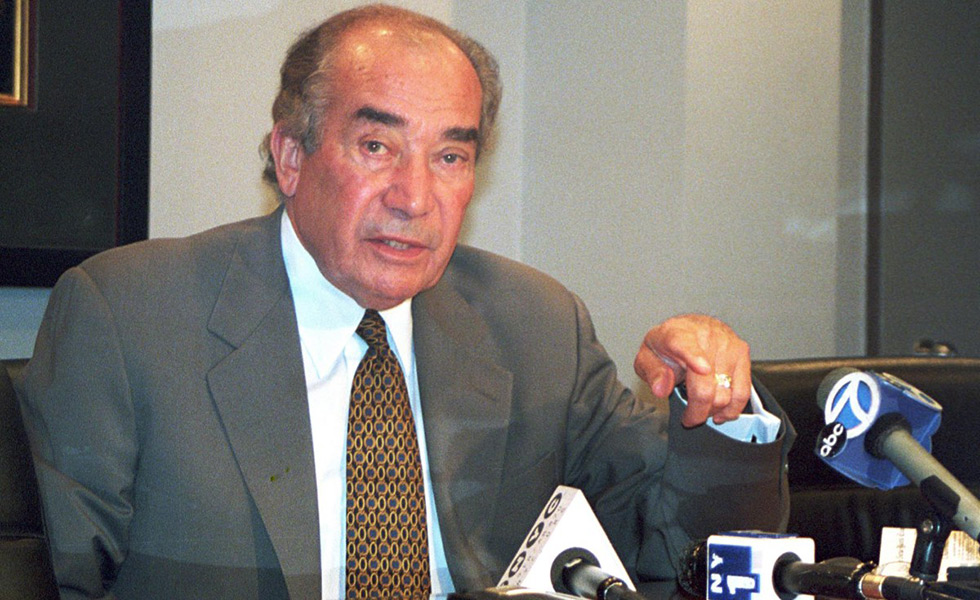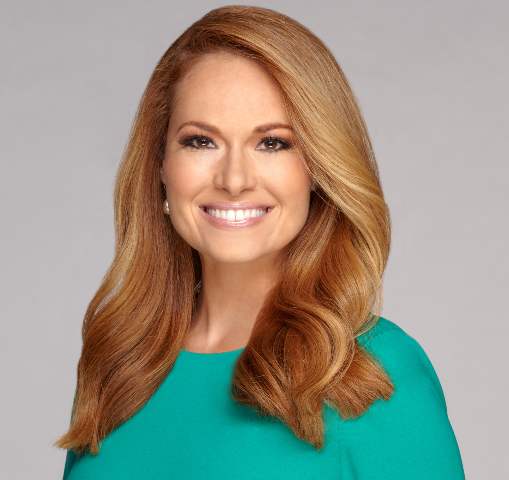Last updated on November 20th, 2016 at 05:33 pm
Herman Badillo was a representative from New York. He was first America’s Puerto Rican congressman and a resident for four decades in City New York who promoted housing and educations reforms, jobs and civil rights. In addition to being elected for four terms in congress, he also was the Bronx borough president, a city commissioner, a counsel to Mayor Rudolph W, Giuliani, a deputy under Mayor Edward I. Koch, trustee, and the board chairman of the City University and a candidate for city comptroller and state.
But the most desired prize by him was to be first Puerto Rican mayor of New York City, in spite of six tries, in 1969, 1973, 1977, 1985, 1993 and 2001. His attempt in 1985 and 1993 was so short lived, they barely counted. A major-party endorsement was never won by him, even though he came close during 1973, failing against Abraham D. Beame (the city comptroller) in a Democratic primary runoff.
Early Life
Badillo was born on August 21, 1929, in Caguas, Puerto Rico. His father was Francisco Badillo who used to teach in a public school and his mother was Carmen Rivera who spent her time on charitable activities. His grandparents used to live with him.
Personal Life
The tuberculosis epidemic went through the whole island in 1934, which caused the loss of the lives of his parents and one of his grandmothers. Badillo’s aunt, Aurelia Rivera, who had her own two children and his grandfather, raised him for next several years. Aurelia Rivera moved to New York City in 1941 along with one of her sons and Badillo. Her financial problems required young Badillo to move many times in coming years. He first went live with an uncle in Chicago and then to stay with another family member in California.
He married Norma Lit in 1949. They both had a son, David Alan. They divorced in 1960. A year later, in 1961, he married Gail Roberts who was schoolteacher of New York City. Badillo later moved in the US on the cusp of the Great Migration, the postwar movement of immigrants of Puerto Rican impatient for better job opportunities moved to New York City.
Education and Job
In 1944, he went to Haaren High School. Because of his ethnicity, he was placed in vocational classes. He finally switched to a more traditional academic track. He graduated with stellar grades in 1947.
After World War II, City College of New York offered free tuition to students having high grades. The school was known as the Harvard of the Poor students. Badillo applied in City College in the fall of 1947. He majored in business and graduated in 1951 with bachelor’s degree in business administration. He attended night classes at Brooklyn Law School, where he won election to the law review. He used to work as an accountant at daytime. He graduated with an LL.B as class valedictorian in 1954.
In 1955, he was accepted to the New York bar and confirmed as a public accountant the following year. Then he worked on Wall Street as a lawyer and an accountant through the 1950s.
Political Career
The beginning of Badillo’s political career coexists with the growing significance and impact of Puerto Ricans in the city. In 1958, he acquired his first political role, when he entered the Caribe Democratic Club. He acted as chairman of John F. Kennedy’s campaign committee for East Harlem in 1960. He supported the re-election campaign of Robert Wagner, Jr, who was New York City Mayor. Wagner returned the favor by assigning him to no. of posts. Badillo became the highest- ranking Hispanic official in the city when he took over as commissioner of the Department of Housing and Relocation. To run for Bronx borough president, he stepped down from that position in 1965. After barely defeating a state senator who was backed by the country Democratic machine, at age 36, he became the first Hispanic president of New York City borough.
He entered the Democratic primary for mayor of New York City in 1969. He claimed himself as the “only liberal candidate” in the race; he captured 28% of the vote, barely trailing previous mayor and winner Mario Procaccino, the New York City comptroller.
Badillo was elected to United House of Representatives in 1970, from New York’s 21st District. He was also the member of the Committee on Education and Labor. In 1976, he won the Democratic Party nomination for Congressman of 21st District with 75% of the vote.
In 1977, Badillo resigned from Congress to overtake deputy mayor of New York City. He held the position until 1979. He handled community outreach and labor relations as a deputy mayor. In 1983 Badillo was chosen as the chairman of the State of New York Mortgage Agency. Badillo was the Democratic nominee for New York State Comptroller. He also supported Michael Dukakis and Alan Cranston for Democratic Nomination of Presidential in 1984 and 1988. He campaigned for Comptroller of New York City in 1993.
Badillo officially joined Republican Party in the late 1990s. Badillo became “of counsel” of Sullivan Papain Block McGrath and Cannavo P.C to the New York City in 2005. He joined the conservative Manhattan Institute for Policy Research in 2006. Badillo attached with national personal injury law firm in 2011 as a senior counsel. He died on December 3, 2014, due to congestive heart failure as claimed by his son at the age of 85.
Publications
Badillo published A Bill of No Rights with Milton Haynes in 1972 and Plain Talk (The Politics Of Administration) in 1981. In addition to that, he also published a book name One Nation, One Standard (An Ex-Liberal) of 256 pages on December 28, 2006. The book also generated controversy between the Latino communities before it has been published as a provocative article on December 9, 2006, in the New York announcing its publishment of the release of that book.




